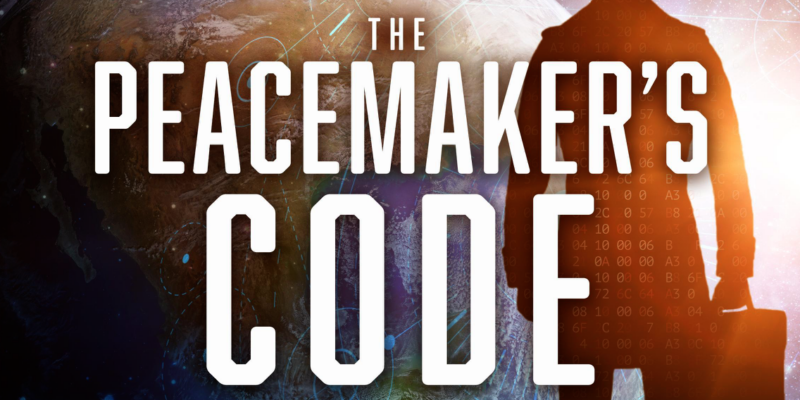Workplace Mediation and Facilitation: The Hot and Cold under Corona
For many years now, I have been conducting workplace mediation and facilitation, including conflicts in teams and between staff and team leaders or between owners, and also regular away-days, strategy and management meetings and the like – where a conflict or dispute is not the main focus and people are taking time to reflect with…

